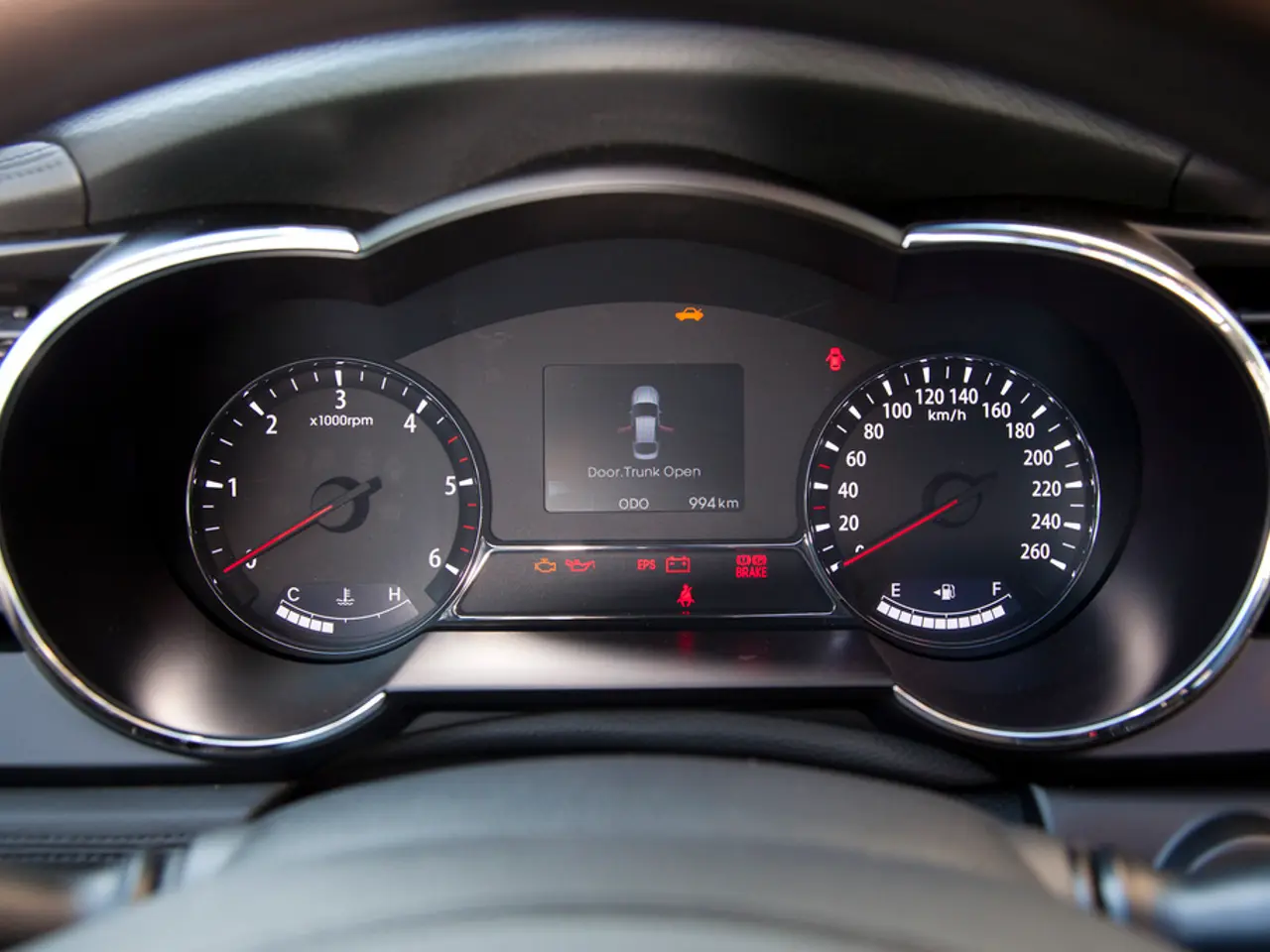Key Points to Ponder When Choosing a Vehicle Purchase
When it comes to buying a used car, there are several factors to consider for maximum value and reliability. Here's a guide to help you make an informed decision.
1. Set a Realistic Budget
Determine a budget that includes not only the purchase price, but also ongoing costs such as maintenance, insurance, and fuel. Remember, the cost of the car itself, insurance, and maintenance should all be considered within your budget.
2. Research the Market
Target specific makes and models known for reliability and good resale value. Brands like Toyota, Honda, and Subaru are often recommended for their durability and low maintenance costs.
3. Check the Vehicle History Report
Investigate the car's past to identify any red flags such as accidents, title issues, odometer inconsistencies, or lack of regular maintenance. Avoid cars with salvage titles or multiple accidents.
4. Inspect the Car Thoroughly
Examine the car for signs of wear and tear, such as rust, dents, uneven tire wear, fluid leaks, worn parts, and malfunctioning electronics and lights. Consider hiring an independent mechanic for a thorough inspection.
5. Take a Comprehensive Test Drive
Assess the car's performance, handling, and features during a test drive. Pay attention to unusual noises, brake performance, and overall driving comfort.
6. Consider the Vehicle’s Age, Mileage, and Condition
Cars from recent model years or certified pre-owned programs generally provide better value and warranty coverage. Be wary of cars with extremely high mileage or incomplete maintenance records, as these typically have higher risk of costly repairs.
7. Negotiate Based on Research
Know the fair market value using pricing guides like Kelley Blue Book or Edmunds, and be prepared to walk away if the deal isn't reasonable.
8. Consider Warranties and Return Policies
When buying from a dealer, consider warranties and return policies, and get all promises in writing to protect yourself.
9. Look into Advanced Safety Features
Advanced safety features like blind spot monitoring and lane departure warning can provide added safety while driving. Some features, like a navigation system or backup camera, can also enhance the driving experience by making it more enjoyable and convenient.
10. Consider Used Luxury Cars
For those looking for luxury cars at an affordable price, consider our article on the best used luxury cars under $30,000.
By focusing on these factors, you maximize your chances of buying a used car that offers strong reliability and value over time. Happy car shopping!
1. Balance High-Quality Lifestyle Choices A high-quality lifestyle also includes considering the long-term expenses and maintenance of your car, such as home-and-garden projects that demand ongoing care and upkeep.
2. Maintain the Value of Your Home-and-Garden and Car As you maintain the curb appeal of your home-and-garden, don't forget the importance of regular car-maintenance to preserve the value and reliability of your vehicles.






